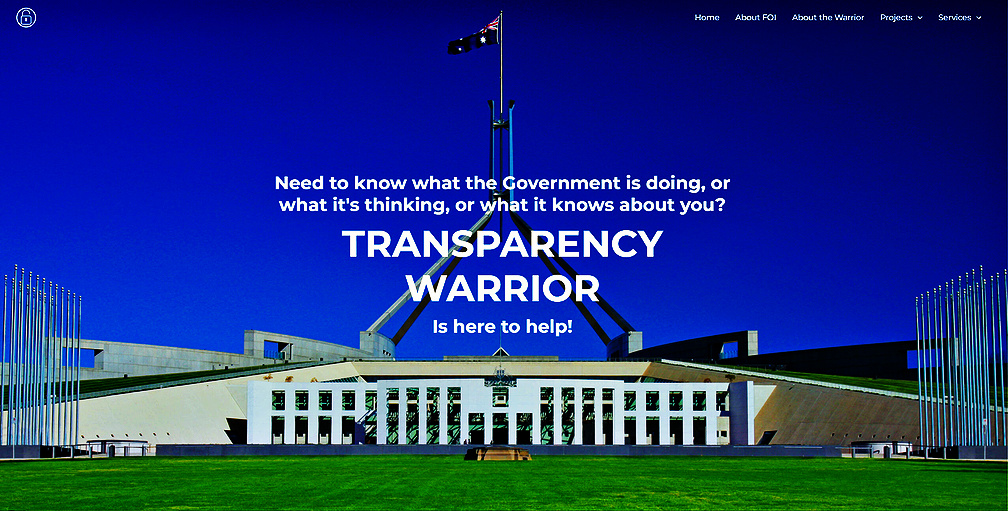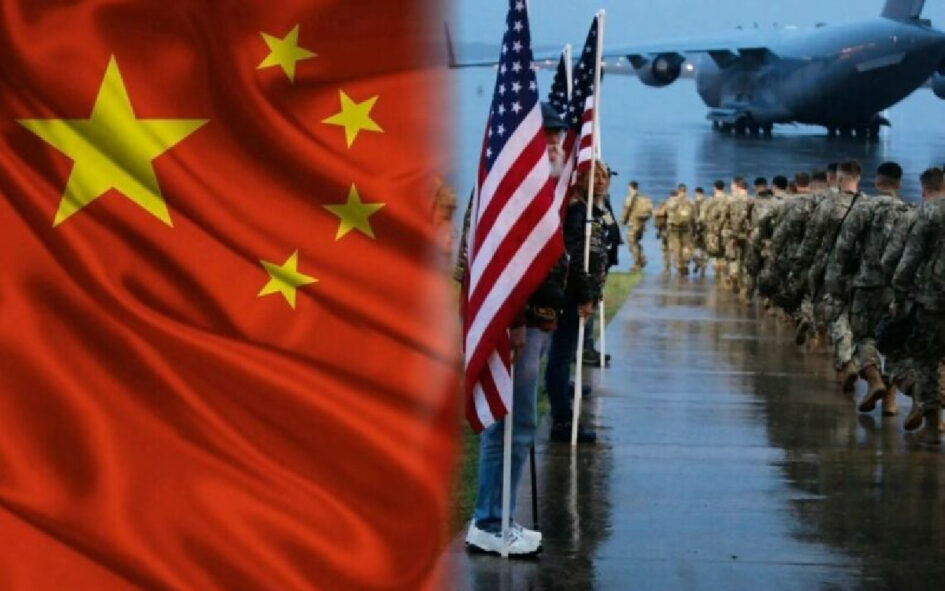By Rex Patrick: Michael West Media.
The spiralling cost of our alliance with the United States goes way beyond the $368B AUKUS deal and joined intelligence and communications facilities. Australia is paying the price of reduced independence, as Rex Patrick reports.
The rent payment on our alliance with the United States used to be the Pine Gap intelligence collecting facility near Alice Springs, the submarine communication station at North West Cape and Five Eyes intelligence co-operation. AUKUS has changed that dramatically, driven in part by the significant changes in our region.
The economies of our big ‘neighbours’ have been growing rapidly over the past decades, especially the very populous countries that have emerged from being poor, less-developed states into industrial powerhouses.
Over the last decade, Indonesia’s GDP has gone from $917B to $3.4T, India’s from $1.8T to $3.4T and China’s from $8.5T to $18.1T. As these countries have grown economically, they’ve taken a more active role on the global stage and have expanded their military and naval forces.
Across our 21 largest Defence projects (pre AUKUS), there’s been a $17.5B in cost increases and more than 34 years slippage.
Most people would agree it’d be unusual not to see an increasing military expenditure as an economy grows.
China’s growth has been the most significant, and with that growth has come a new assertiveness by the ruling Chinese Communist Party that’s rightly caused concern. But while Western economists and politicians in the 1980s through early 2000s hoped Chinese economic growth would bring increased openness, a measure of democratisation and constructive participation in regional and international security, China’s rulers have gone the other way.
Suppression of Uyghurs in Xinjiang, oppression of democracy in Hong Kong, draconian crackdown on any political dissent, and its blunt use of growing economic power to achieve political and strategic goals are among the worrying signs. Others are the construction and militarisation of islands in the South China Sea, an increasing confrontational attitude in relation to contested maritime boundaries, and a remarkable naval and military build-up heralding the beginnings of a new nuclear arms race. All of this coupled with the regime’s increasingly hardening views on the use of force to return Taiwan to China.
Australian defence failures
Against this backdrop, we’ve seen our economic fortunes rise only modestly off the back of energy and resource exports to Asia, but also faltered in other ways. Our manufacturing as a percentage of GDP has fallen from 11.5% at the turn of the century to only 5.5% today, while our economic complexity ranking has plummeted.

Australia’s Plummeting Economic Complexity (Source: Growth Lab)
And as tension in the Asia-Pacific has risen and our strategic circumstances have become more uncertain, our Defence organisation has become something of an international embarrassment.
Across our 21 largest Defence projects (pre AUKUS), there’s been a $17.5B in cost increases and more than 34 years slippage.
We’ve recently seen a number of projects either cancelled or where early replacement has been announced because the capability underperformed; Attack Class submarines (cancelled), Multiple-Role Helicopters (underperforming), Sky Guardian attack drones (cancelled), the Army’s Battle Management system (cancelled), Spartan battlefield airlift aircraft (underperforming) and Tiger helicopter program (underperforming).
That’s eleven and a half billion dollars of taxpayers’ money just thrown away.
Deterrence and diplomacy
The primary role of the Australian Defence Force (ADF) is the defence of Australia.
In order to achieve this, it must, at one end of the spectrum, be seen by potential adversaries as a strong deterrent, and at the other end, be able to actually conduct sustained military operations when deterrence and diplomacy have failed. The ADF needs to be well-trained, capable, diversified and agile.
ADF peace time operations must also be integrated into our foreign policy objectives as we seek to be a good international citizen. This means from time-to-time the ADF deploying into the immediate region; to wave the flag, to assist with training and civil emergencies, to participate in joint exercises and, potentially, and to join up with others to assist in conflict where it’s in our clear interests to do so.
Outsourcing defence, surrendering sovereignty
But incompetence has denied us the ability to carry out some of those tasks and to choose what’s in our best interests.
Instead of resetting and getting back to basics, the same incompetent bureaucratic leadership that’s delivered acquisition failure has now decided the best solution to the defence of Australia and regional engagement is simply to give up on independence.
Instead of focussing on ensuring Australia has the sovereign capabilities to defend ourselves and ensure we can make our own decisions about war and peace, our Government and the ADF leadership have chosen, in the words of an earlier Prime Minister, to go “all the way” with the USA.
Instead of ensuring our equipment can communicate and work alongside the US’s and other’s equipment, we’ve embarked on a course of total integration into the US Armed Forces. We’ve surrendered interoperability choice to integration and interchangeability (identical equipment) in the context of US controlled operations.
This can be seen in the AUKUS submarine choice and other purchases; purchase that build-up US industrial capability at the expense of Australian industry. Australian industry has been cast aside as we turn to the US for both equipment supply and ongoing maintenance.
US presence in Australia
We’ve agreed to station US submarines in the west and we’ve embraced US access and use of facilities in the north, including to where the US will now pay for upgrades at key Australian bases.
One of those bases is RAAF Darwin, where they’ll build a $40M maintenance, mission briefing, intelligence and crew briefing facility. They’re also spending almost $400 million on an aircraft parking apron. This follows $270M spent on 11 giant fuel storage tanks near Darwin port.
They’re also spending $130M at RAAF Tindal, 15 kilometres from Katherine, where, from late 2026, they’ll start deploying B-52s (almost certainly with nuclear weapon payloads). This new investment comes off the back of previous investments in a fuel farm and an ammunition bunker.

RAAF Tindal Upgrades (Source ADF)
An intent to rotate U.S. Navy Maritime Patrol and Reconnaissance Aircraft in Australia to “enhance regional maritime domain awareness” has also just been announced.
On the ground forces front, Darwin has slowly become a permanent US Marine base, with a ‘rotational’ force having grown from 200 marines in 2012 to 2,500 today, and a number of helicopters, including 10 highly distinctive MV-22B Ospreys.
At the conclusion of recent AUSMIN discussions the Governments announced a proof of principles pre-positioning of U.S. Army stores and materiel in Bandiana, Victoria as a precursor to the longer-term establishment of a Logistics Support Area in Queensland designed to enhance interoperability and accelerate the ability to respond to regional crises.
Meanwhile, in the background, the US is negotiating a space launch Technology Safeguards Agreement to allow for the launch of sensitive U.S. payloads from Australia.
Death of sovereignty by a thousand cuts
All of this is being cast as essential to respond to the changing strategic circumstances by way of collective military power. As a former member of the ADF, this is a concept I understand.
But engaging in any conflict must be our choice.
But it won’t be. The choice is being taken away, one cut at a time.
We’re seeing more US capability turning up on our shores. We’ll have no choice but to be involved when fighting starts. Even if we were to refuse direct involvement, we’ll have capabilities and facilities here that’ll be of (targeting) interest to the opposing side. The Joint Defence Facility Pine Gap will be intimately involved in providing intelligence to support US operations, operations which will be staged from Australia.
But our forces will be directly involved, anyway. The integration and interchange marriage that’s under development will demand it. Sovereign choice will be lost.
Cover-up and self-interest
Those in Defence guiding our politicians are just going along with it, because to not do so would be to admit the vulnerability their procurement incompetence has delivered us.
In fact, they’re benefitting from the arrangement. Building the AUKUS alliance is a tremendous career and institutional opportunity for them.
The senior officers and officials who lead our Defence Force can focus on what they see as a much bigger thing; an alliance that involves important meetings, important decisions, trips overseas, and, for some, exchange postings. For them, effective integration of the ADF into the strategic plans of the US involves stepping up to be a part of the big league.
It’s great for defence egos, despite eroding our ability to make our own sovereign decisions.
If only those eleven and a half billion dollars hadn’t been wasted.
Those Who Will Suffer
All the things the US are doing here could have been funded by us and completely without a return obligation to them. If only we’d progressed our submarine project in a measured off-the-shelf way, or our frigate project with a proven design, and invested properly in Australian industry to ensure the ADF could be supported. If only.
To finish off, Defence Minister Richard Marles must take some responsibility for what’s happening.
He came to the portfolio knowing about the Defence procurement shambles. And yet he’s done nothing. The leadership group in Defence has remained untouched in their ivory barracks.
If a conflict involving the US should erupt in the northern hemisphere, and the Cabinet is given no choice on what to do, the blame will sit fairly and squarely with Marles and other members of the National Security Committee of Cabinet.
But it will everyday Australians, particularly those in uniform, that will suffer.
Rex Patrick is a former Senator for South Australia and earlier a submariner in the armed forces. Best known as an anti-corruption and transparency crusader – www.transparencywarrior.com.au.






